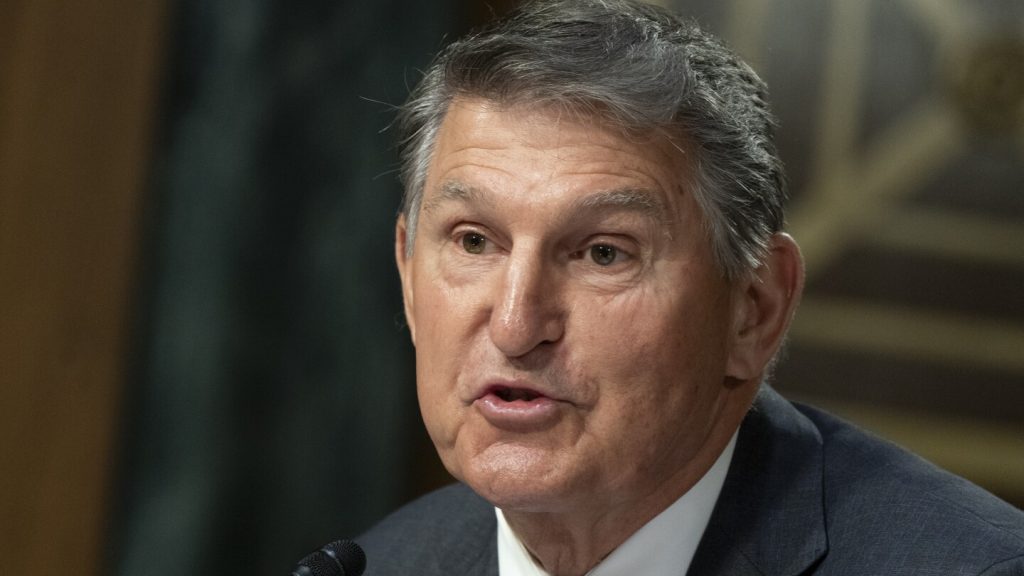Democratic Senator Joe Manchin of West Virginia made headlines on Friday by announcing his switch to independent registration, a move that could impact his future political aspirations in a state dominated by Republicans. The 76-year-old senator has often clashed with the Democratic Party and has been a key figure in helping President Joe Biden pass significant legislation. Manchin, who previously stated he would not seek re-election, will continue to caucus with Democrats, maintaining their slim majority in the Senate.
While Manchin has expressed a desire to distance himself from partisan politics, his shift to independent status has sparked speculation about his potential future plans. With the deadline for filing political affiliations looming, the senator now has the option to explore another Senate race or potentially run for governor. Manchin’s history in West Virginia politics, including a previous stint as governor, positions him as a formidable candidate in either scenario. His decision to step away from the Democratic Party comes at a time when the state’s political landscape has shifted towards Republicans.
Manchin’s move to independence has raised questions about his future political ambitions, particularly in light of his decision not to seek re-election to the Senate. While some believe he may consider running for governor, others are skeptical, including the Democratic nominee for governor, Steve Williams. Manchin’s departure from the Democratic Party caught state party officials off guard, with State Democratic Party Chair Mike Pushkin expressing disappointment. However, Manchin has a history of independence and has at times opposed the Democratic agenda.
The West Virginia political scene has witnessed significant changes since Manchin first entered the Senate in 2010, with a shift towards Republican dominance in recent years. Manchin’s decision to switch to independent registration reflects a growing dissatisfaction with the two-party system and a desire to prioritize the interests of his constituents over party politics. Despite his years of service as a Democratic senator, Manchin’s decision to go independent underscores his commitment to bridging political divides and finding common ground in a polarized political climate. As the future unfolds, the senator’s next steps will be closely watched by both parties and political observers in West Virginia.
The potential implications of Manchin’s switch to independent status extend beyond the state of West Virginia, as it could impact the balance of power in the Senate. With Democrats holding a slim majority, Manchin’s decision to remain aligned with the party while registering as an independent ensures that their control of the Senate is preserved. As the political landscape continues to evolve, Manchin’s role as an independent voice in Congress may prove pivotal in shaping legislative outcomes and fostering bipartisan cooperation. His unique position as a centrist figure in a deeply divided political environment highlights the complexities of governing in an era of heightened partisanship.
In a state where Republican supermajorities dominate the Legislature and Trump’s influence remains strong, Manchin’s shift to independent registration represents a significant development in West Virginia politics. His decision to break away from the traditional party structure underscores a growing trend towards political independence and a desire to transcend partisan divisions. As Manchin embarks on this new chapter in his political career, the implications of his decision for the future of the Democratic Party in West Virginia and the broader political landscape will be closely monitored. Whether he chooses to seek another term in the Senate or pursue a gubernatorial bid, Manchin’s legacy as a maverick politician willing to challenge the status quo is likely to endure.















